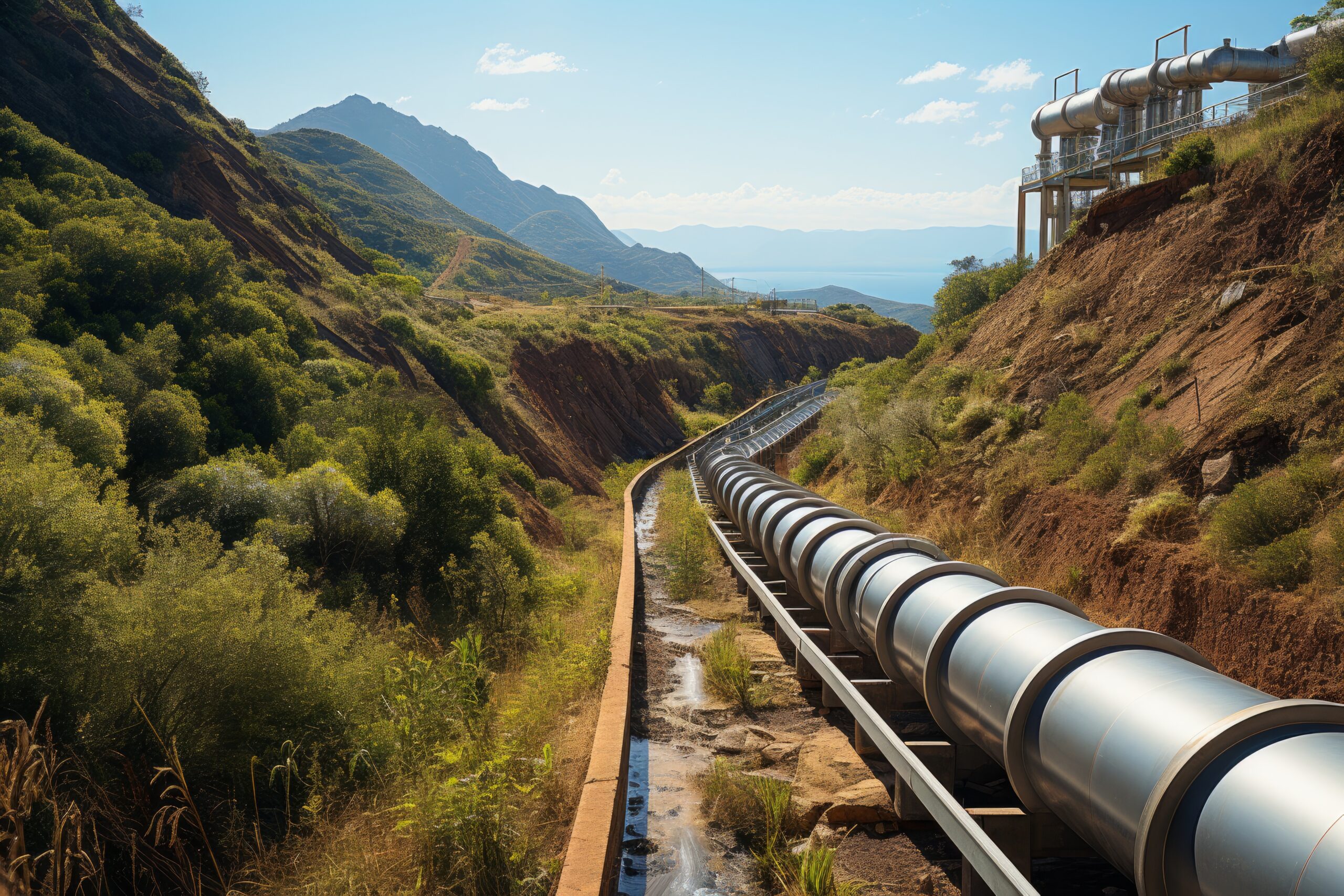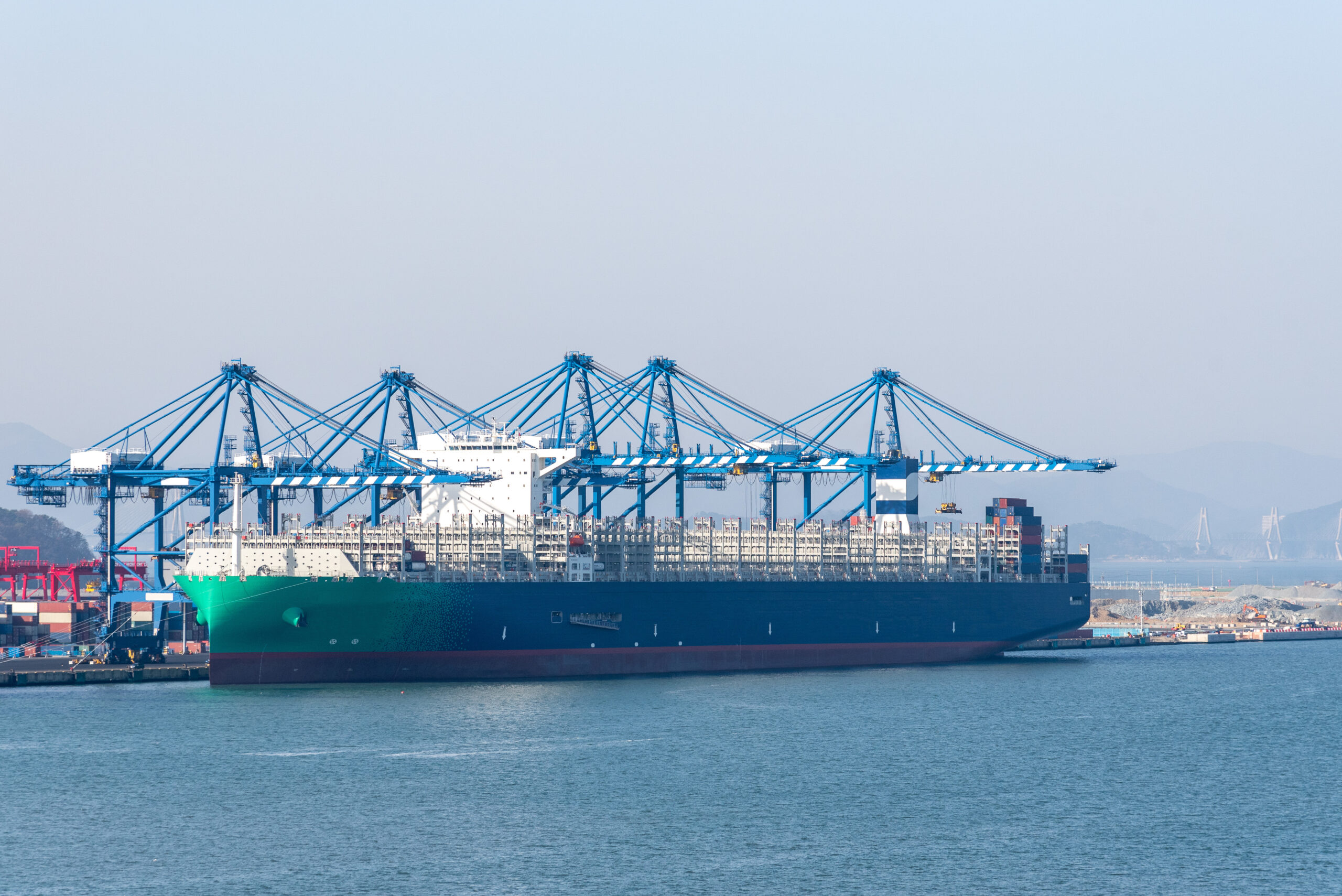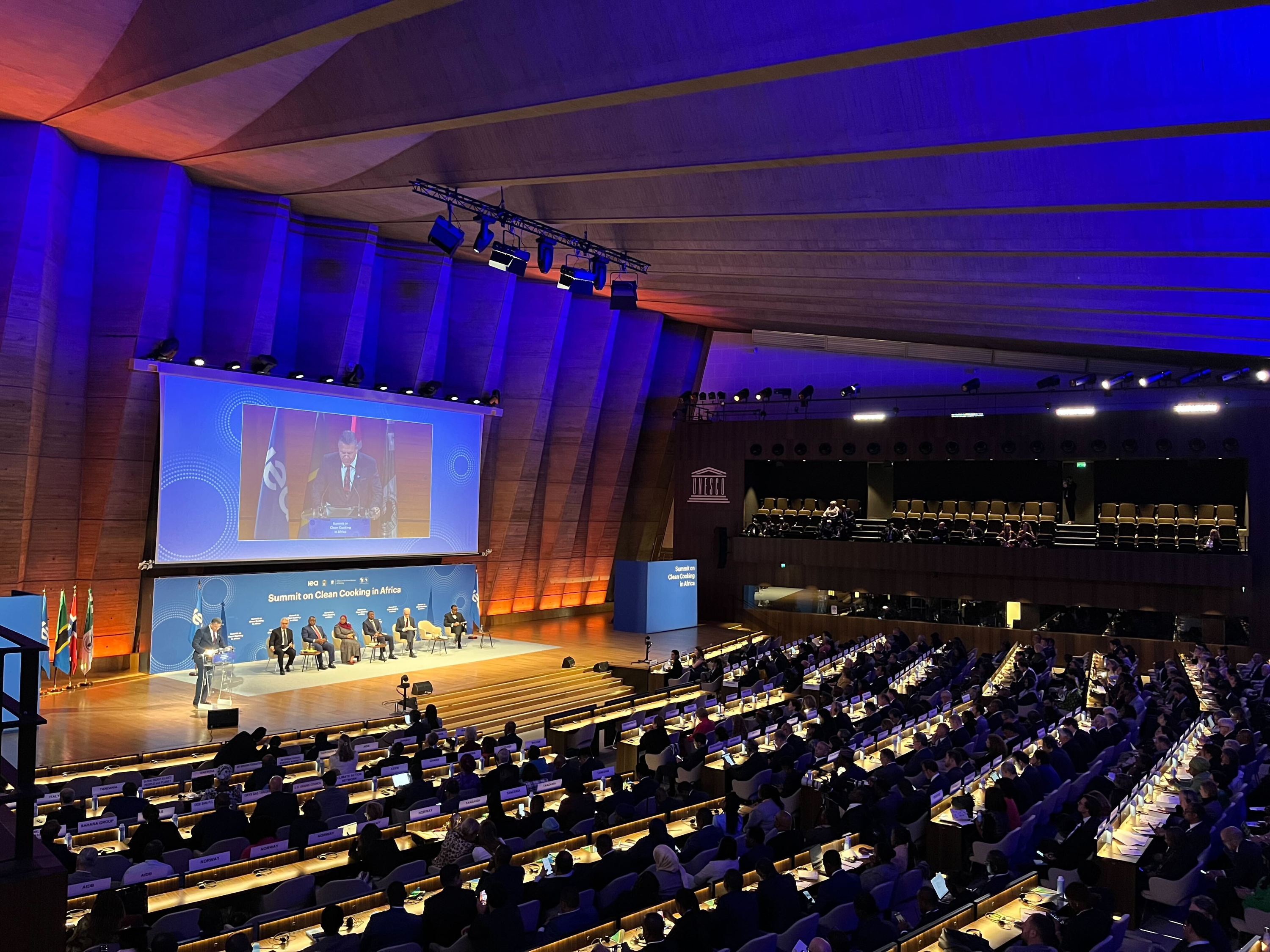Fossil fuel lobbying risks locking in gas, LNG dependence
Fossil fuel lobbying by major oil companies is skewing climate policy in Europe and risks locking in dependence on gas and LNG, a report claims.

Fossil fuel lobbying by major oil companies including Shell, Total and BP is skewing climate policy in Europe and risks locking in dependence on gas and LNG, a report claims.
The report by non-profit think tank InfluenceMap looked at the LNG policy advocacy action by BP, E.ON, Enagás, Enel, Engie, Eni, Equinor, Fluxys, GALP, Gasunie, PGNiG, RWE, Shell, Snam and TotalEnergies, on three different areas: promoting gas exploration and LNG infrastructure in Africa; advocating for LNG import and transportation in Europe and weakening several EU climate policies that would reduce gas demand in the bloc.
It found that 13 companies were directly engaged in at least one aspect of these international advocacy efforts.
While E.ON was the only company not identified to be engaging on these issues, leading majors Shell, BP and TotalEnergies were found to be engaging in all three.
Several companies including BP, Equinor, Eni, GALP, Shell, and TotalEnergies have advocated for new fossil gas and LNG investments on the African continent, including in Mauritania, Mozambique, Nigeria, Republic of Congo, Senegal and Tanzania.
Meanwhile, fossil fuel lobbying in the EU has focused on the development of new LNG import terminals in Belgium, France, Germany, Italy, the Netherlands, Poland and Spain as well as on promoting the long-term role of fossil gas technologies as part of the EU energy performance of buildings directive and EU energy efficiency directive and the EU hydrogen and gas decarbonization package.
The EU’s gas diversification strategy in response to the war “has triggered a massive surge of LNG imports, including from Russia, and the expansion of infrastructure within and outside Europe,” Esther Bollendorff, a gas policy expert at environmental NGO Climate Action Network Europe, told Gas Outlook.
EU imports of Russian gas rose 40% since the invasion of Ukraine, totalling 21.6 million cubic meters in the first half of 2023, according to environmental watchdog organisation Global Witness.
“This sharply contrasts with the EU’s commitment to achieving climate neutrality and the growing need to phase out fossil fuels, as demanded by tens of thousands of people marching in the streets all over the world in the past week.”
Any new expansion plans will lock us deeper into fossil gas at a time when we urgently need a rapid reduction in gas consumption, aiming for a complete phase-out by 2035,” said Bollendorff.
Gas central to Italian energy mix
Of the 15 entities identified in the analysis, only two European utilities with ownership shares in new LNG terminals in Europe, E.ON and Enel, have focused advocacy efforts on a scale-up of renewable energies and a phase-out of fossil fuels.
Both companies also took positive positions on European climate legislation, supporting reductions in demand for fossil gas technologies and transitioning to zero-emissions technologies, the report says.
Enel “in the past years has been strongly focused on the promotion of renewable energy and rapid reduction of fossil fuel usage,” Giulia Giordano, in charge of international programmes at Italian energy think tank ECCO, told Gas Outlook.
And while former Enel CEO Francesco Starace has called for the development of gas infrastructure, this was amid the Russia-Ukraine war and resulting energy crisis, thus leading to a more positive assessment of the company in the report, she said.
On the other hand, both Eni and Snam have doubled down on gas investment plans in recent years, which is “reflected in the strategic decisions made by the (Italian) government in terms of energy, industrial and foreign policy.”
“The strategic interest of Eni and Snam has been central in Italy’s energy policy” in the past years, regardless of the political orientation of the various governments that have come to power, despite investments in the gas sector, a pillar of the Italian energy mix, appearing in contrast with the projected decrease in the demand in the EU and wider climate objectives, she added.
The findings of the report come as world leaders and environmentalists gear up for the COP28 conference in Dubai in November, amid growing concerns about fossil fuel lobbying, which risks derailing progress on climate talks.
As the relevance of the COP conference on the international political agenda grows “so has the attention of oil and gas companies which see their interests threatened by progress on climate” efforts, she argued.
This means there’s a “high risk” that COP28 will be “strongly influenced” by fossil fuel lobbying with the agreement on the global phase out of fossil fuels “unlikely” to be reached, she warned.



